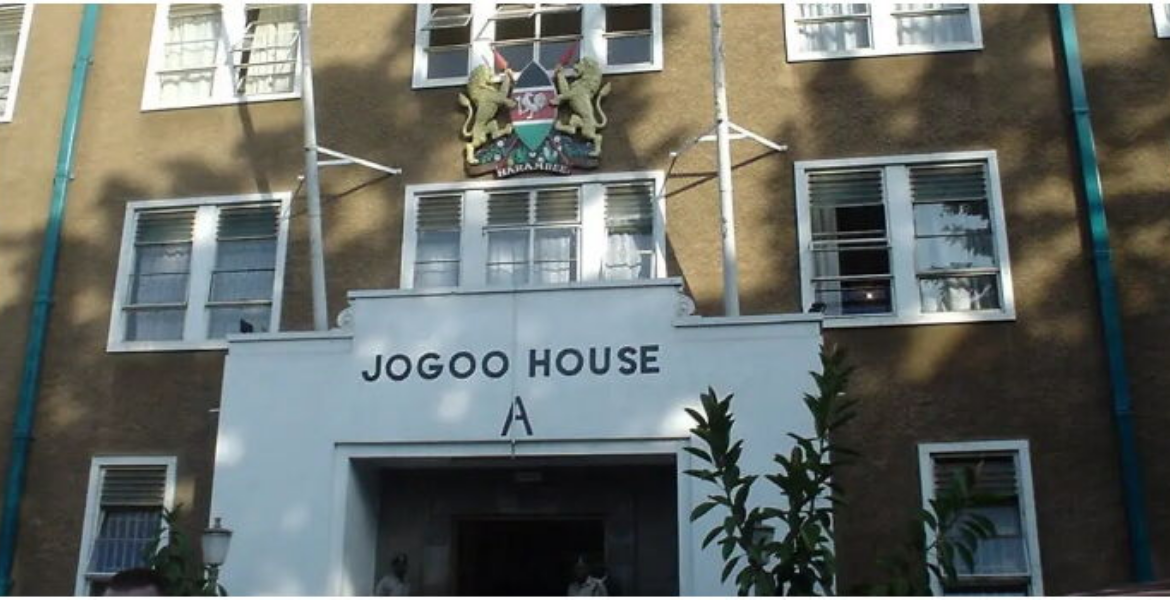Kenyan agencies responsible for admitting foreign students into tertiary institutions have written to the Nigerian Joint Admission Matriculation Board (JAMB) seeking verification of the qualifications of Nigerian applicants vying for admission to various universities in Kenya.
This move comes in response to widespread instances of certificate falsification as exposed by JAMB in its report titled “Registrar’s Report on 2023 Admission & 2024 UTME Policy Meeting.” In its report, JAMB highlights that both Kenyan and Ugandan examination boards have officially requested confirmation of records presented by candidates seeking admission. JAMB emphasizes its commitment to maintaining the integrity of the Nigerian education system, stating that it would go to any lengths necessary to protect it from international disrepute. This development follows the Nigerian government’s temporary suspension of the verification of degree certificates from Kenya, Uganda, Benin, Togo, and other countries over allegations of certificate racketeering.
The Nigerian government’s actions were prompted by an investigative journalist’s revelation of how he obtained a degree from an institution in Benin within six weeks, leading to the establishment of an inter-ministerial investigative committee on degree certificate milling. Recently, Nigeria threatened to blacklist students from Kenya, Uganda, and other African countries from pursuing educational opportunities within the country. This escalating situation has the potential to disrupt the educational prospects of thousands of students from both Nigeria and Kenya seeking to study in each other’s countries.
In Kenya, there have been instances of public servants and politicians securing employment by presenting fake certificates. This issue has attracted the attention of the Public Service Commission (PSC) and the Ethics and Anti-Corruption Commission (EACC), who have recently directed state and private employers to audit employees’ academic qualifications from the past decade to ensure accountability. In April of this year, President William Ruto, while promising to address the issue, revealed that some 2,100 individuals employed by the government had falsified certificates to secure their positions.
During the National Wage Bill Conference in Nairobi, Ruto called on these individuals to step aside from their roles, emphasizing the government’s commitment to confronting corruption head-on. The Nigerian examinations board has yet to officially respond to the letter from the Kenyan authority. However, the issue of certificate falsification is not unique to Nigeria and Kenya. In 2019, Ghana faced a similar scandal when it was discovered that several public officials had obtained fake degrees from unaccredited institutions. This revelation led to a nationwide audit of academic qualifications and the dismissal of several high-ranking officials.
The problem of fake certificates is a significant challenge for many African countries, where the demand for higher education often exceeds the supply of legitimate educational opportunities. This imbalance has created a market for unscrupulous individuals and institutions willing to provide fake degrees for a fee. The crackdown on fake certificates is part of a broader effort by African governments to improve the quality and integrity of their education systems. In addition to the measures taken by individual countries, there have been calls for greater regional cooperation to tackle the issue of fake certificates. The African Union has been urged to develop a continent-wide framework for the verification of academic qualifications, which would facilitate information sharing and the identification of fraudulent documents.
